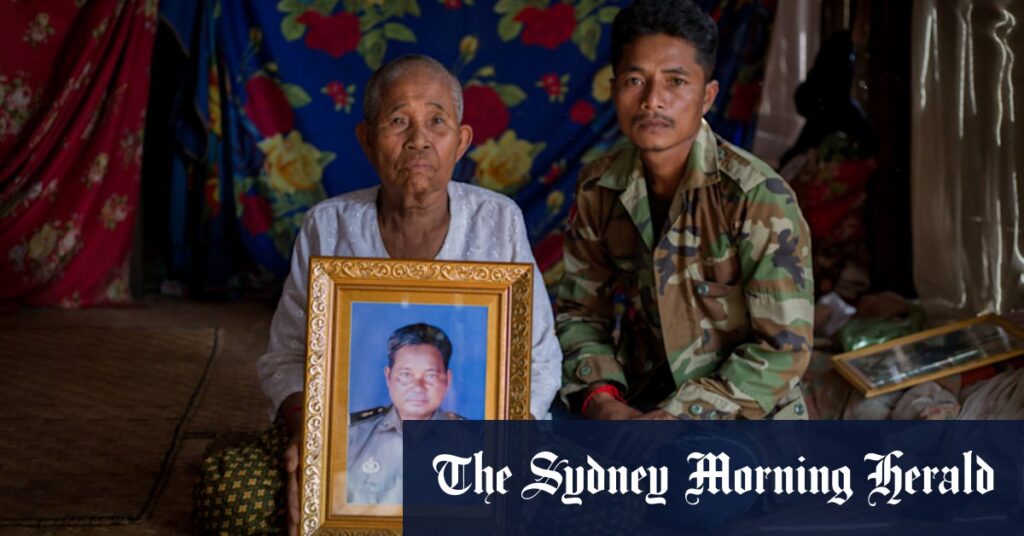
By the early hours of May 28, tensions flared in the dense jungles of the Emerald Triangle, where the borders of Cambodia, Thailand, and Laos converge. Cambodian Battalion 395, stationed in this contested region, found themselves in a sudden skirmish with Thai soldiers. The clash, which erupted amidst foggy conditions, resulted in the death of Cambodian Second Lieutenant Suon Roun, further straining the already tenuous relations between the two nations.
The incident has sparked a wave of nationalistic fervor, leading to significant political repercussions. On Tuesday, a Thai court suspended Prime Minister Paetongtarn Shinawatra amid allegations of inappropriate communications with Cambodia’s de facto ruler, Hun Sen. The suspension underscores the complex interplay of regional politics and historical animosities that continue to shape Southeast Asia.
Historical Context and Ongoing Disputes
The Emerald Triangle has long been a flashpoint for conflict, with its rugged terrain and ambiguous borders offering fertile ground for disputes. The region’s history is marred by clashes, such as the prolonged dispute over the Preah Vihear Temple, which saw deadly confrontations between Thai and Cambodian forces from 2008 to 2011. Despite rulings by the International Court of Justice in favor of Cambodia, unresolved border issues persist.
Second Lieutenant Suon Roun’s death is a stark reminder of these ongoing tensions. His family, residing in the remote village of Kampenh, has been deeply affected by the region’s turbulent history. Suon Roun’s mother, Em Heap, has tragically outlived eight of her twelve children, many of whom fell victim to the remnants of the Khmer Rouge or other regional conflicts.
Political Ramifications and National Reactions
The skirmish has prompted both nations to impose border restrictions and escalate diplomatic tensions. Cambodia has gone so far as to ban Thai movies and soap operas, reflecting the depth of the nationalistic response. Meanwhile, the suspension of Thai Prime Minister Paetongtarn Shinawatra has added a layer of political intrigue, as she faces scrutiny over her ties with Cambodia.
The Shinawatra family, a dominant force in Thai politics for decades, now faces a potential decline in influence. The family’s political fortunes have been intertwined with Thailand’s economic and cultural landscape, making the current situation all the more significant.
Human Impact and Personal Stories
For Em Heap, the political maneuvers and border disputes are distant concerns compared to the personal losses she has endured. Living in a modest wooden home without modern amenities, she reflects on the toll that regional conflicts have taken on her family. Her son, Suon Roun, dedicated his life to military service, a commitment that ultimately cost him his life.
Despite the tragedy, there have been gestures of support. Suon Roun was posthumously promoted to captain, and Cambodian Prime Minister Hun Manet sent financial assistance to his family, allowing them to construct a larger home. These actions offer some solace amidst the grief.
Looking Ahead: Regional Stability and Future Implications
The recent clash and its aftermath highlight the fragile state of regional stability in Southeast Asia. The geopolitical dynamics involving major players like China and the ongoing unrest in Myanmar add complexity to the situation. As Cambodia seeks further international adjudication on border issues, the potential for future conflicts remains.
Thailand and Cambodia’s ability to navigate these disputes diplomatically will be crucial in maintaining peace. The international community, particularly ASEAN, may play a role in mediating tensions and fostering dialogue. For now, the region watches closely as the political and human consequences of the May 28 clash continue to unfold.







